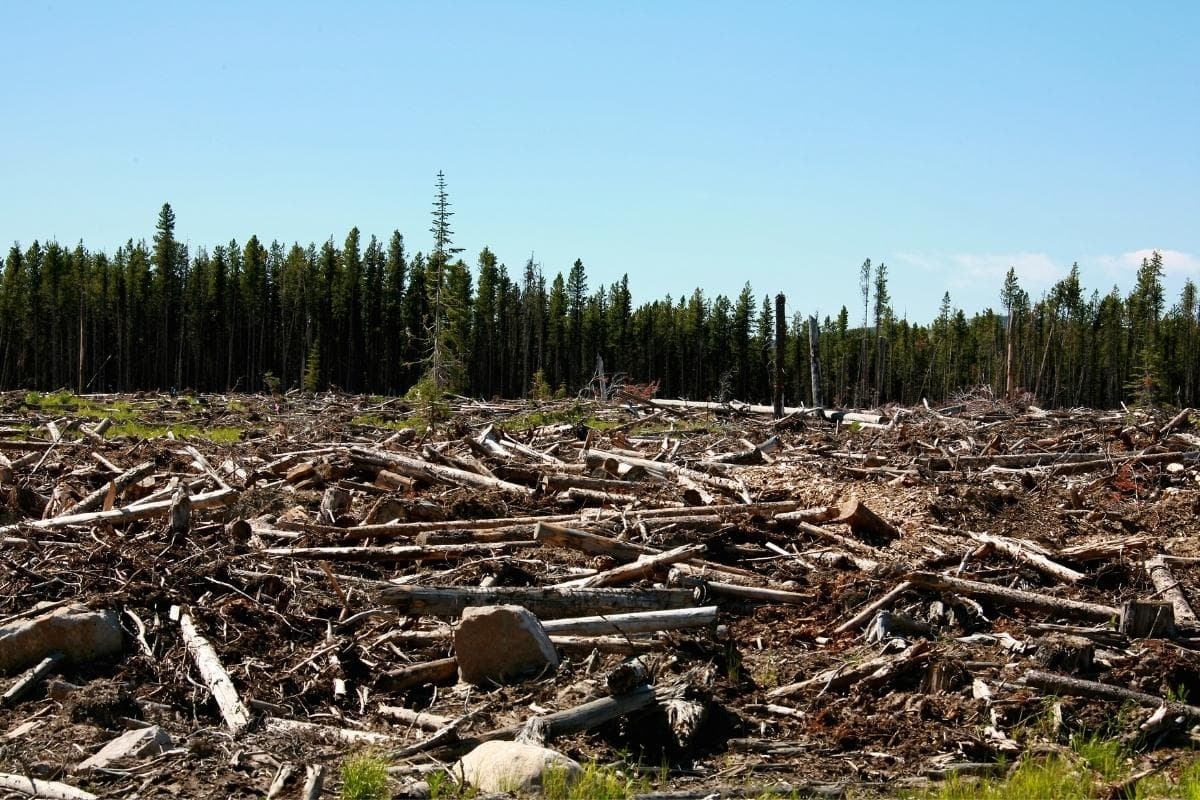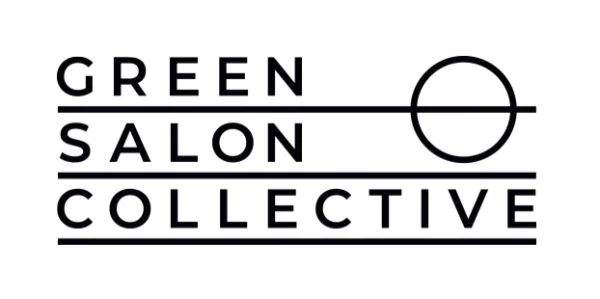
How your beauty business can help stop deforestation
By Green Salon Collective | 24 May 2022 | Expert Advice, Feature, Sustainability & the Environment

Green Salon Collective was founded in 2020 by environmental experts, campaigners and beauty professionals, with an aim to help member salons in the UK and Ireland to responsibly dispose of their waste. In this blog, the Collective explains why it’s important to recycle paper and how your business can help protect trees.

People are becoming increasingly aware of plastic pollution, but too often they think paper is the solution. It isn’t – not if it means destroying our precious few remaining natural habitats.
Paper production requires much more energy than that for plastic, and paper is heavier so transporting it requires more energy. Plus, it is not nearly as durable as plastic which means paper packaging or bags can only be reused a limited number of times.
Your business disposes of a great deal of paper and cardboard. Even if yours is a ‘paperless’ business, much of your inventory probably comes in small branded boxes which were probably shipped to you in larger boxes. Your business may even be a dumping ground for takeaway cups which, as you will see, typically cannot be recycled with the rest of your paper.
Keep reading to discover six solutions to help tackle paper waste in your business…
Paperless receipts and invoices
Many point of sale (POS) systems now let businesses offer their in-store customers paperless receipts, which can be sent by email or text message. This is good news as many receipt printing systems are designed for paper containing the bisphenol A (BPA) chemical, which is toxic and non-recyclable. Similarly, invoicing can be prepared without paper and there are many options on the market for all sizes of business.

Going paperless
By going paperless, we mean organising and managing your business completely digitally, eliminating physical paper for things like paychecks, invoices, bills and tax returns. It involves digitally archiving all of your business’ current and past documents and integrating a virtual management system for future documents.
Founder and chairman of PDF and Esign solutions company Foxit, Eugene Xiong, points out two approaches for businesses to ditch needless paper: by converting existing documents to digital or by not using paper to begin with. He lists eight reasons to do so, in a piece for Forbes:
- Saves money and a tremendous amount of storage space.
- Streamlines and accelerates critical business processes.
- Enables customer self-service.
- Makes accessing documents and information faster and easier.
- Reduces the time and cost of editing, changing and redistributing documents and forms.
- Protects documents from getting lost or worse, destroyed.
- Improves the security of your data and confidential information.
- Cuts down on approval cycles.
Reusable cups
Most people assume that the humble paper cup should be simple enough to recycle. Unfortunately, disposable cups for tea, coffee or some takeaway meals have a wax or plastic lining. Have you ever noticed small milk type bits floating on top of your coffee? Chances are, that’s the plastic lining! This lining makes it too difficult for a regular recycling plant to handle, as the wax or plastic needs to be removed and this requires time and money.
How do you serve warm or cold drinks to your clients and staff? The most obvious swap, if you haven’t already done so, is to have reusable cups to hand. This will most definitely result in savings over time, especially if your staff can minimise water usage.

Recycled paper
Here are some facts about recycling paper that may entice you to seek out recycled paper products and make sure your paper waste gets recycled, compiled by author, Pratima Bajpai:
- Every tonne of recycled fibre saves an average of 17 trees plus related pulping energy.
- By using waste paper to produce new paper, at least 30,000 litres of water, 3000–4000 kW h of electricity and 95% of air pollution for every tonne of paper used are saved.
- Compared with virgin paper, producing recycled paper involves between 28% and 70% less energy consumption.
- Producing recycled paper generates between 20% and 50% fewer carbon dioxide emissions than paper produced from virgin fibres.
Responsibly managed forests
The Forest Stewardship Council (FSC) has created voluntary standards for forestry management so that consumers can see whether a product, and its packaging, come from sustainable sources. The standards are also designed to safeguard social rights (for example, support Indigineous people that live and work in affected forests) and promote economic prosperity for smallholders (small-forest producers).
Acquiring FSC certification is no easy feat so its label on products carries value. That is not to say that products or packaging not bearing the label are not sustainable. Some producers struggle as they face stringent FSC certification standards, and others prescribe to ideals like Programme for the Endorsement of Forest Certification (PEFC) and Rainforest Alliance. The world is rife with forest mismanagement so it is our recommendation to do your research.
Compost
Paper is great for compost. A healthy compost heap has a good balance of ‘greens’ that are rich in nitrogen (such as vegetable scraps, fresh grass clippings and hair) and ‘browns’ that are rich in carbon (like paper, dry leaves and eggshells). For paper in your compost, Happy DIY Home suggests the following:
“Paper products like paper towels and napkins (no prints), coffee filters, newspaper, cardboard, printer and notebook paper can all be added to your compost. Those flimsy paper plates are good, too. Be sure the paper items you’re adding don’t have glossy, coloured finishes, as the chemicals can break down into your compost bins.”
If you’re looking to make a real go of composting, have a look at the site’s guide here.
—
Visit Green Salon Collective’s website, Facebook and Instagram accounts and learn about the solutions it offers for your salon.
This was written for Green Salon Collective by MeetthefiveRs.

Read the latest issue









